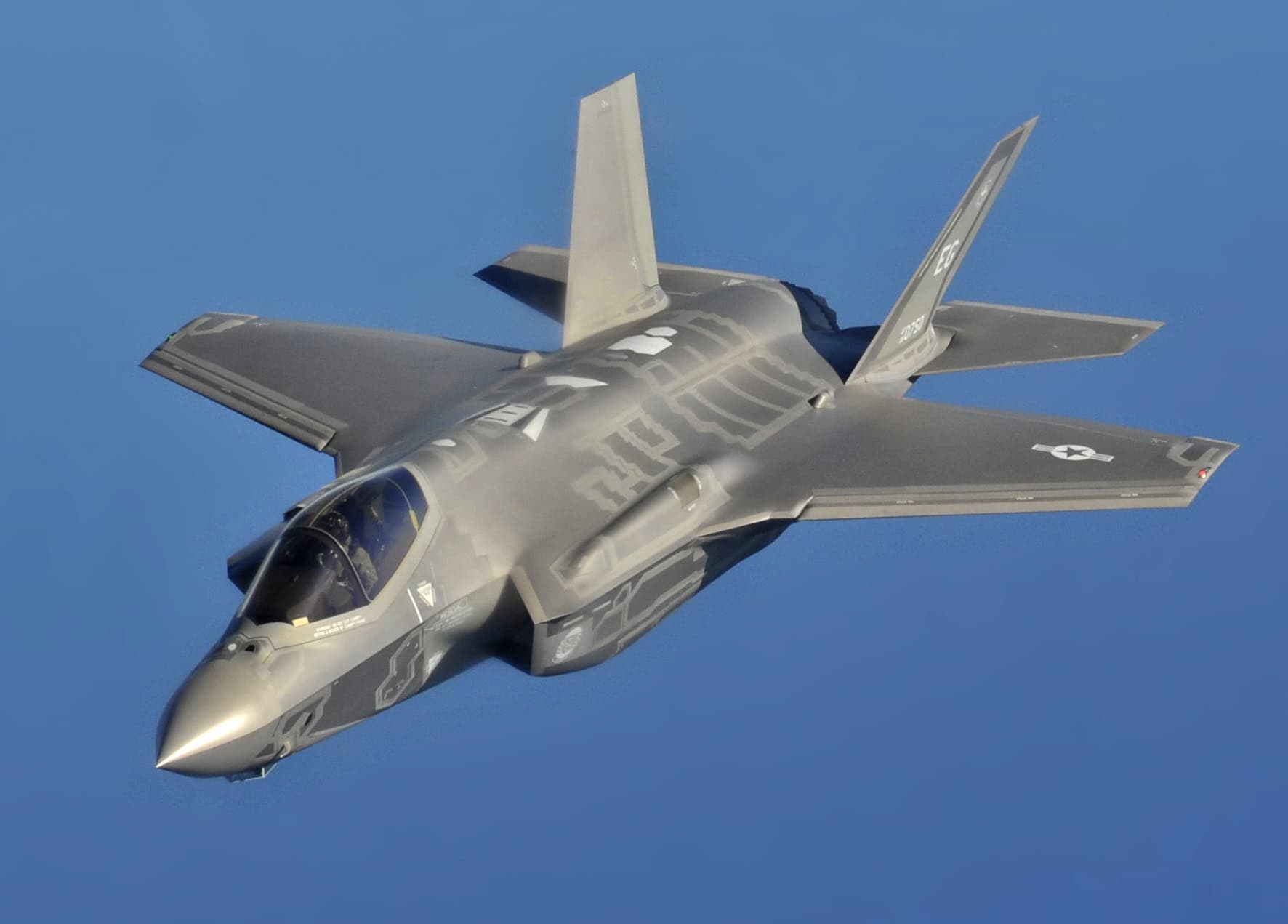The latest rankings from the Global Firepower Index reveal that the United States continues to assert its position as the world’s leading military power. Meanwhile, Japan, Iran, and Pakistan have all slipped in the 2025 assessments, highlighting the evolving dynamics in global military strength. As nations invest heavily in their armed forces, the complexities of military effectiveness extend beyond mere financial expenditure.
The Global Firepower Index evaluates the military capabilities of over 140 countries, considering various factors such as manpower, equipment diversity, logistical capabilities, and economic stability. Each year, shifts in these criteria lead to changes in rankings, reflecting a dynamic global landscape.
Japan’s Steady Yet Declining Position
In the 2025 rankings, Japan fell from 7th place in 2024 to 8th. This shift is not indicative of a significant weakening of Japan’s military capabilities but rather reflects relative advancements made by other nations. With a defense budget of $57 billion, Japan has maintained its growth in various military sectors. However, as other countries accelerated their defense spending and modernization efforts, Japan’s position became vulnerable.
The Global Firepower Index assesses over 60 factors, and Japan’s consistent performance indicates that its military strength remains robust. The nation’s drop in ranking underscores the competitive nature of global military advancements rather than a decline in its own capabilities.
Iran and Pakistan’s Challenges
Iran experienced a decline from 14th to 16th place in the rankings, with a defense budget of $15.45 billion. The country’s military influence has been hampered by strategic setbacks in regional conflicts involving its proxies in places like Syria and Yemen. Economic sanctions have further strained Iran’s ability to modernize its military equipment, contributing to its lower ranking. As other nations enhance their military capabilities, Iran has found itself lagging despite not experiencing a dramatic deterioration in its own military strength.
Conversely, Pakistan saw a significant drop from 9th to 12th place, despite its military power being bolstered by an estimated 170+ nuclear warheads. With a defense budget of $7.64 billion, Pakistan’s military dominance is paradoxically juxtaposed against a struggling economy. Political instability and strained relations with the United States have complicated its military positioning. The military’s substantial influence over politics continues to impact economic development, which is essential for sustaining military strength.
Egypt and Ukraine’s Economic Pressures
Egypt’s military ranking fell from 15th to 19th in the 2025 index, with a defense budget of $5.87 billion. The country faces significant economic challenges, including currency instability and rising budget deficits, which have hindered its ability to maintain and modernize military hardware. Despite these setbacks, Egypt’s geopolitical significance remains crucial, as it is described as “too big to fail” due to its strategic location and ongoing loans from the International Monetary Fund (IMF).
In a similar vein, Ukraine slipped from 18th to 20th in the rankings, partly due to the protracted conflict it faces. With a defense budget of $53.7 billion, the toll of sustained fighting has resulted in heavy equipment losses that have not been fully replaced. Delays in military aid from Western allies have exacerbated Ukraine’s challenges, making it difficult to maintain its previous military momentum.
Conclusion: Navigating a Competitive Landscape
The recent shifts in military rankings illustrate the complexities of global defense dynamics. Increasing military spending worldwide makes it challenging for nations to stay ahead in the competition. Factors contributing to a decline in military strength often stem from economic and political instability.
While the militaries of Egypt and Pakistan maintain significant prominence, they face systemic issues that threaten their capabilities. Ukraine’s ongoing conflict with a powerful adversary adds another layer of complexity to its military standing. As nations navigate these challenges, the balance of power continues to evolve, emphasizing the need for strategic investments and adaptability in military readiness.
